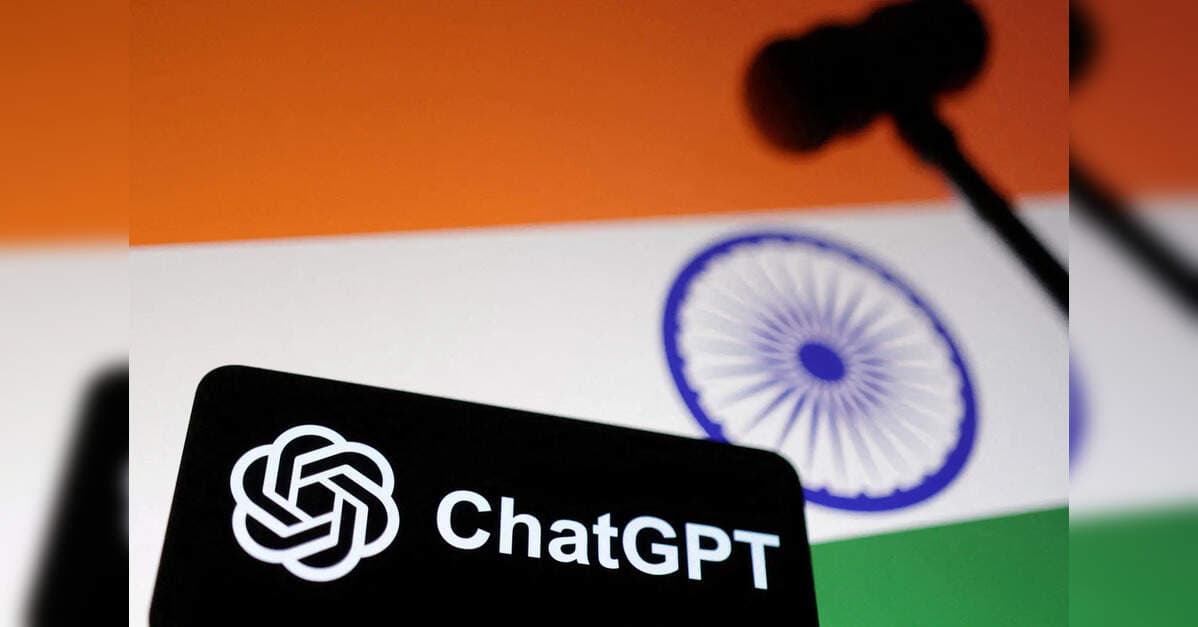Indian Music Giant T-Series Faces Broad Intellectual Property Scrutiny Amidst Multiple Legal Challenges

Mumbai, India – T-Series, one of India's largest music record labels and film studios, is currently at the center of a "public reckoning," facing a series of significant intellectual property disputes and legal challenges. These include a high-profile copyright lawsuit against OpenAI, a contentious fair use debate with comedian Kunal Kamra, and a direct plagiarism accusation regarding a song with 290 million streams. The mounting scrutiny reflects growing concerns over copyright enforcement and creative rights within the digital landscape.
The company, alongside other major Indian music labels like Saregama and Sony, is seeking to join a copyright lawsuit against OpenAI in New Delhi. This legal action alleges the unauthorized use of sound recordings to train artificial intelligence models, potentially breaching their copyrights. This move highlights a global industry-wide concern about AI's impact on intellectual property and sets a precedent for how AI models utilize copyrighted content.
Adding to its legal entanglements, T-Series recently issued a copyright strike against comedian Kunal Kamra's YouTube video, "Naya Bharat," which featured parodies of T-Series songs. Kamra has asserted that his work falls under fair use for parody and satire, sparking a wider debate on the application of Indian copyright law to creative commentary. This incident has drawn attention from the creator community, with many expressing apprehension about potential content takedowns.
Further intensifying the "reckoning," international music producer KMKZ has publicly accused T-Series of plagiarizing his beat for their song "Raanjhan," which has garnered over 290 million streams on Spotify. KMKZ claims the label used his work without credit or compensation, raising serious questions about the origin and licensing of content within the industry. This accusation, along with the other disputes, has fueled public discussions about accountability for large corporations.
The tweet from "critter," stating, "> POV: you're in for a public reckoning," appears to encapsulate the current sentiment surrounding T-Series. The company has a history of aggressive copyright enforcement, including past legal battles and controversies, which are now being re-examined in light of these new allegations. These ongoing cases are poised to significantly influence intellectual property rights and fair use interpretations in India's rapidly evolving digital and AI-driven entertainment sector.